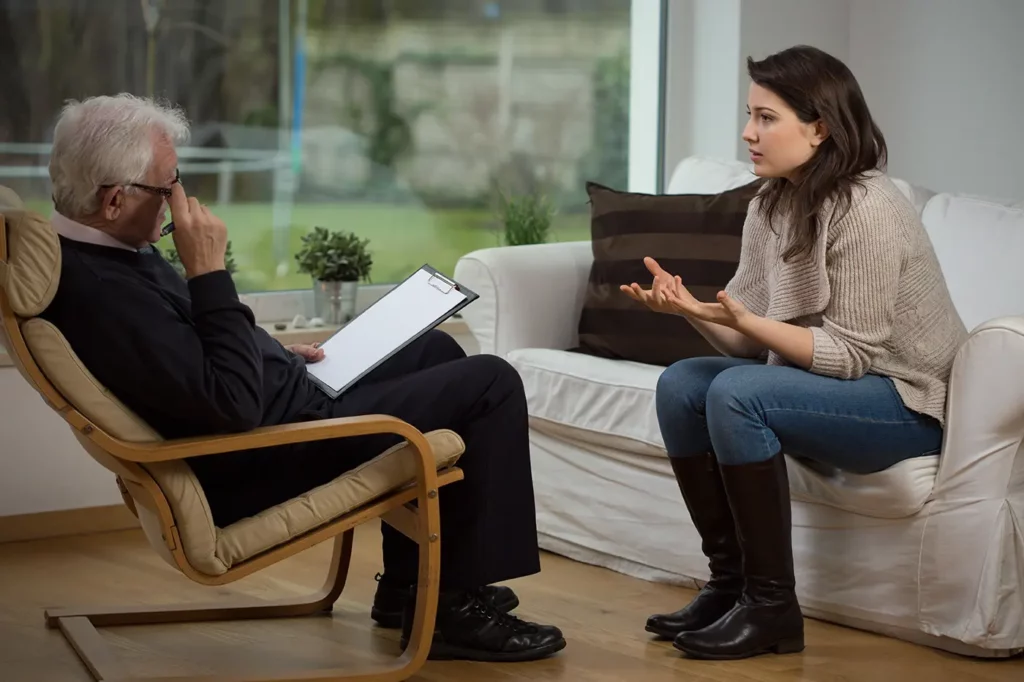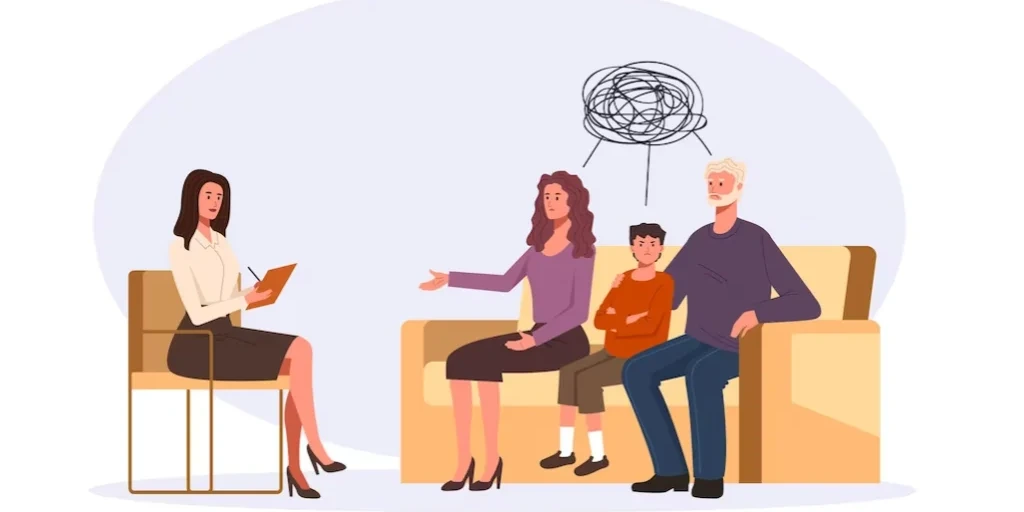24/7 Helpline:
(866) 899-221924/7 Helpline:
(866) 899-2219
Learn more about Inpatient Rehab centers in Marion

Other Insurance Options

EmblemHealth

Covered California

Access to Recovery (ATR) Voucher

Oxford

Multiplan

Optima

Excellus

UnitedHealth Group

BlueCross

Amerigroup

AllWell

Coventry Health Care

ComPsych

Sutter

Group Health Incorporated

Health Partners

BlueShield

Health Net

Optum

Kaiser Permanente








Family Continuity Peabody
Family Continuity Peabody is a private rehab located in Peabody, Massachusetts. Family Continuity Pe...

Citizens Inn Transition
Citizens Inn Transition is a private rehab located in Peabody, Massachusetts. Citizens Inn Transitio...

Community Substance Abuse Centers
Community Health Care offers outpatient treatment for individuals dealing with opiate addiction. Mer...









































Pioneer Healthcare
Pioneer Healthcare is a private rehab located in Peabody, Massachusetts. Pioneer Healthcare speciali...























































































































































